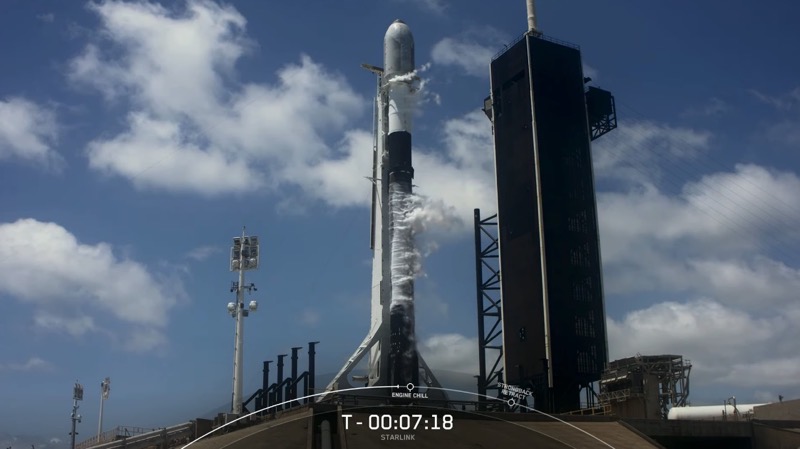
SpaceX Calls Viasat ‘Satellite Industry’s Lead Obstructionist’

Viasat, one of the biggest competitors to SpaceX’s Starlink satellite broadband in the U.S., in recent filings with the U.S. Federal Communications Commission (FCC) alleged that the latter’s satellites pose a risk of in-orbit collisions — reports Bloomberg.
SpaceX has launched over 2,500 satellites into low Earth orbit (LEO), and the company is asking the FCC to authorize plans for a constellation of up to 30,000.
Viasat, on the other hand, told the FCC that too many Starlink satellites in space would increase the risk of disastrous collisions. The Starlink rival uses big, expensive satellites in higher orbits than SpaceX’s to deliver broadband services.
However, Viasat said its satellites, along with those of other companies, will need to move through low orbits that are getting increasingly crowded with Starlink spacecraft. The company also argued before U.S. judges that satellite collisions could generate orbital debris, creating an environmental risk.
SpaceX has called Viasat the “satellite industry’s lead obstructionist.” The company told the FCC that it has “densified” its satellite network to “drive up the number of consumers in rural and remote areas with truly robust broadband.”
According to SpaceX, Starlink is serving over 400,000 subscribers worldwide as of last month. The company responded to Viasat’s claims by saying that Starlink satellites are safe as they can maneuver to avoid collisions or simply drop out of orbit and out of harm’s way if they fail.
Viasat previously asked the courts to overturn an order allowing SpaceX to change orbits, claiming that the FCC did not conduct a full environmental review before granting permission.
“Millions of pounds of pollutants will be dumped into the atmosphere, where they will affect climate change and harm the ozone layer,” the company told the U.S. District Court of Appeals for the District of Columbia Circuit.
However, the FCC told judges that it had found insufficient evidence to conclude that pollutants from falling satellites pose a significant risk to the environment. Viasat also
Tim Farrar, a technology analyst and President of Telecom, Media and Finance Associates, said space congestion should definitely be a concern and that the issues presented by Viasat may actually be valid. However, the company’s claims are tainted by the possibility of an ulterior motive such as stifling a quickly-growing competitor’s advance.
“SpaceX has already basically doubled the number of satellites in orbit in the three years it’s been launching Starlink,” Farrar said. “It’s unfortunate that it ends up being a competitor that makes this case because it creates suspicions about their motivations, which aren’t unfounded. Clearly they want to hold up Starlink.”
Last week, SpaceX submitted a filing with the FCC encouraging the regulator to deny Viasat permission to buy mobile satellite communications company Inmarsat Group Holdings Ltd.
SpaceX launched Starlink in North Macedonia earlier this week. The company has also signed an agreement with Royal Caribbean Group to provide Starlink internet aboard its cruise ships.

